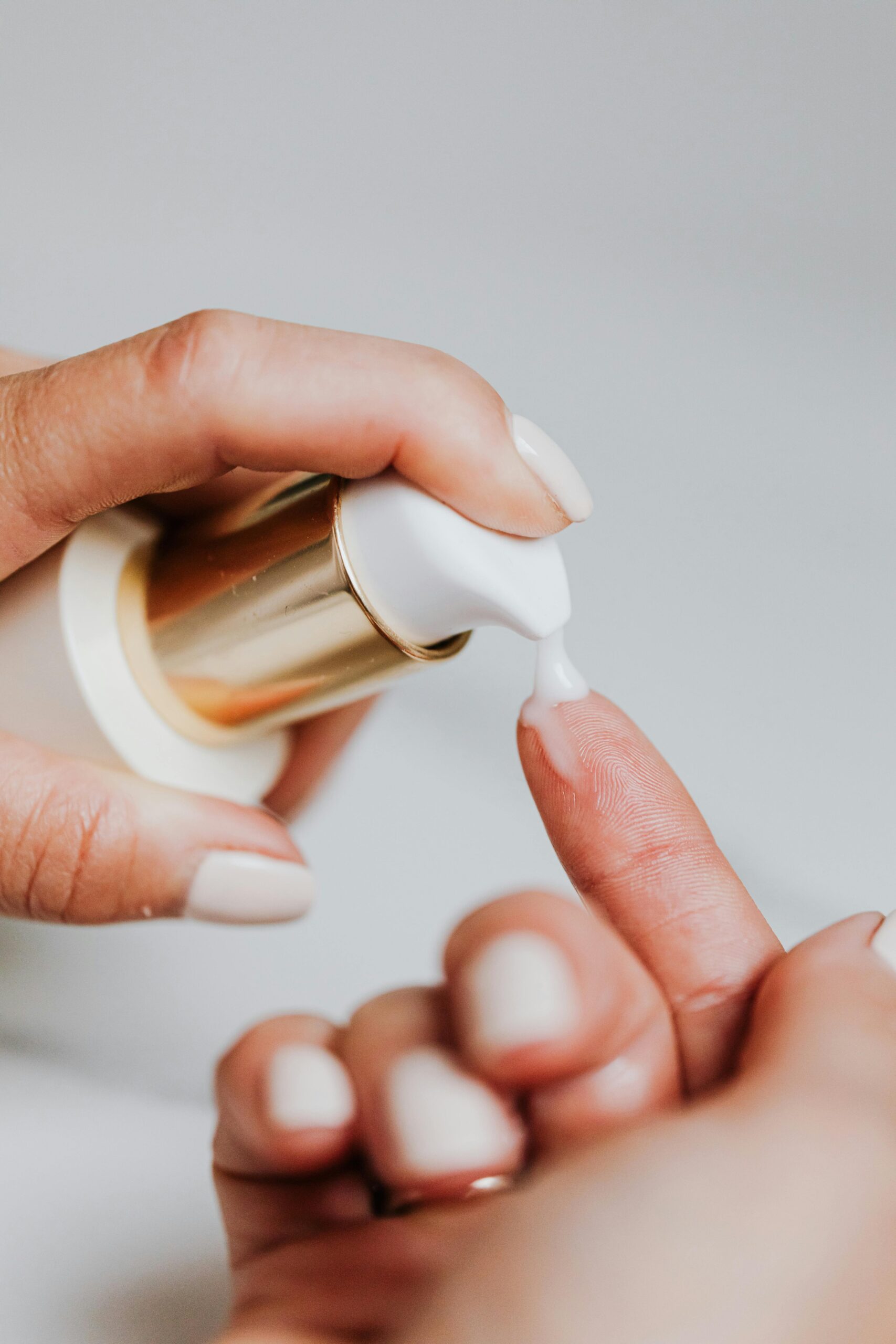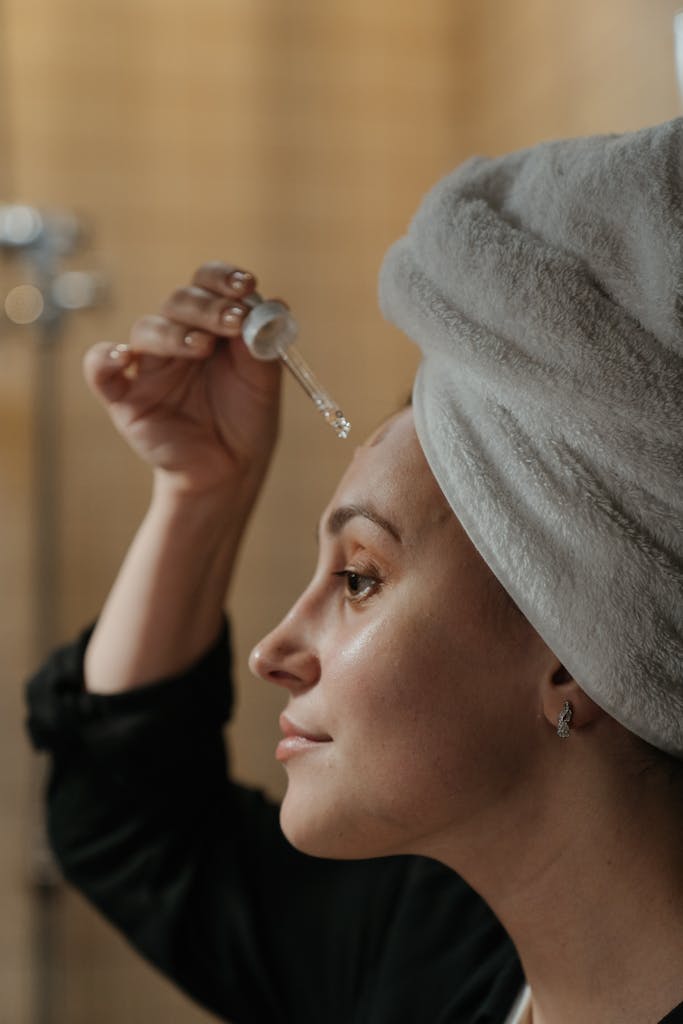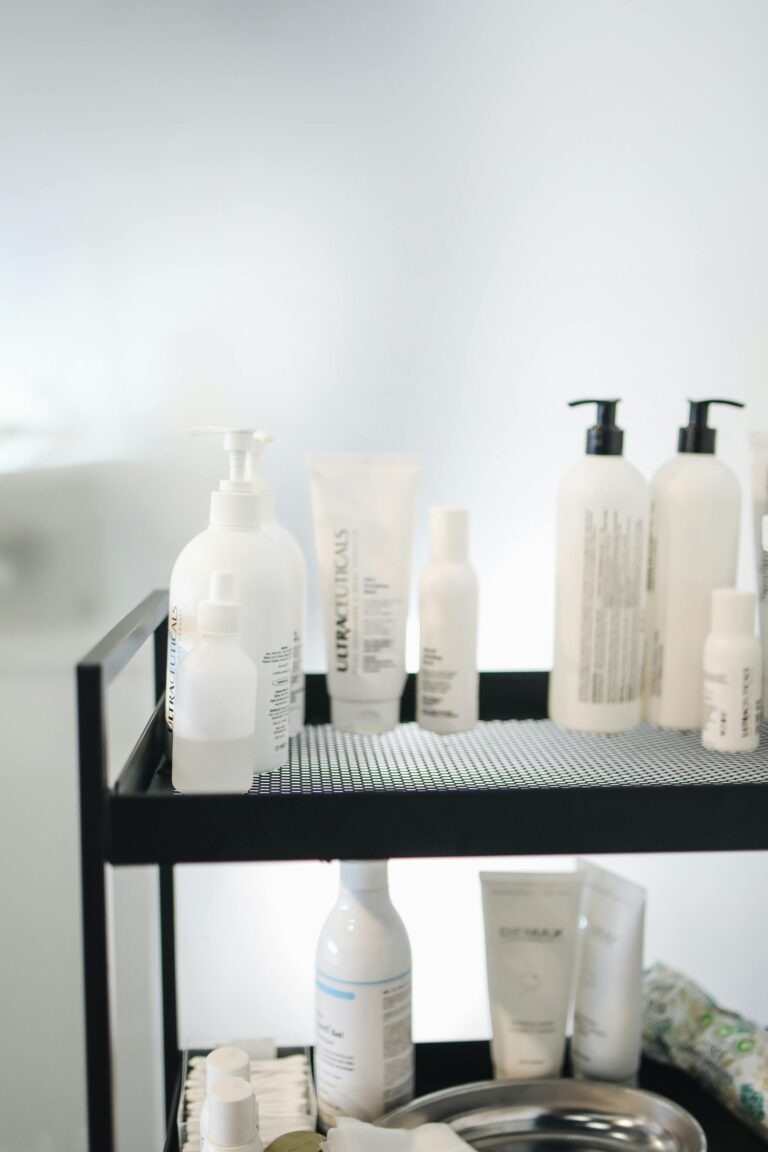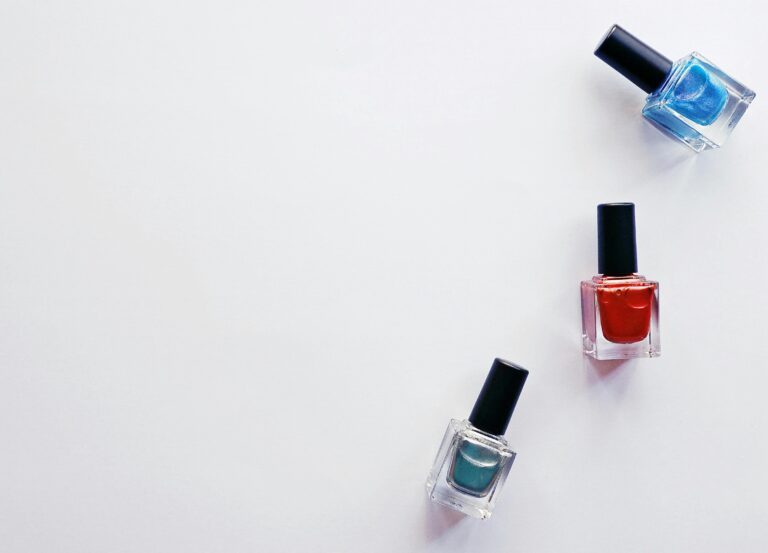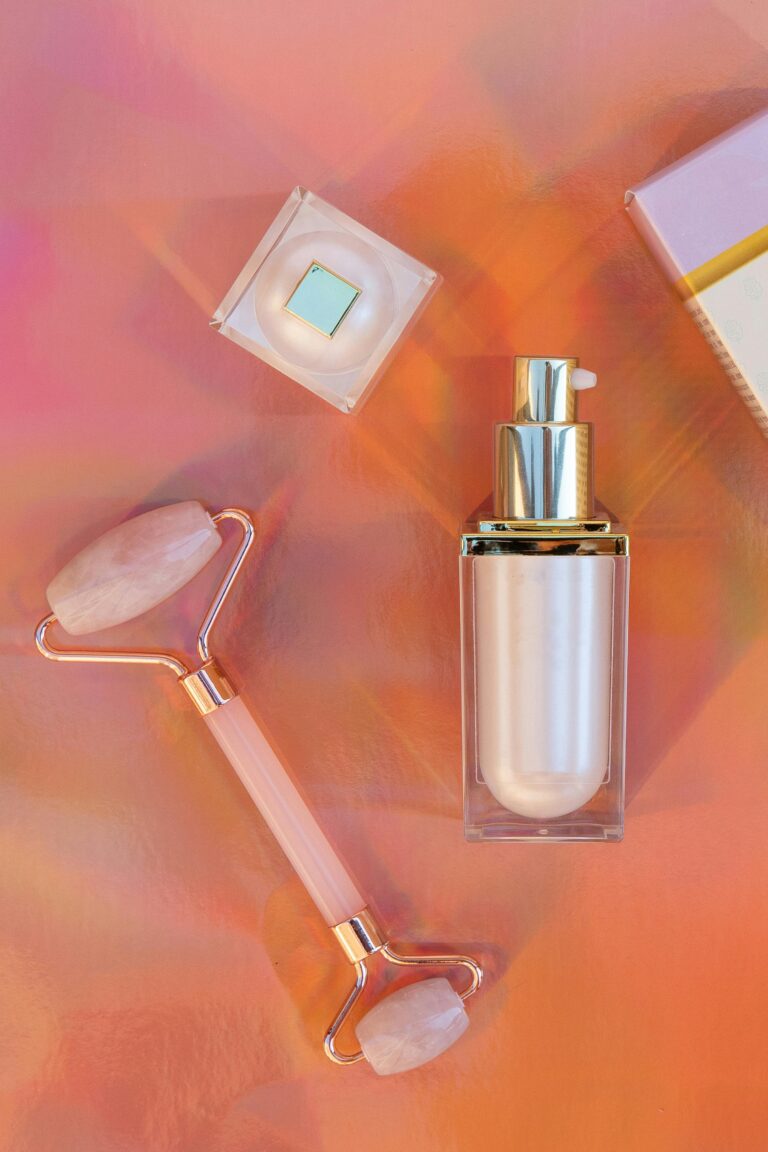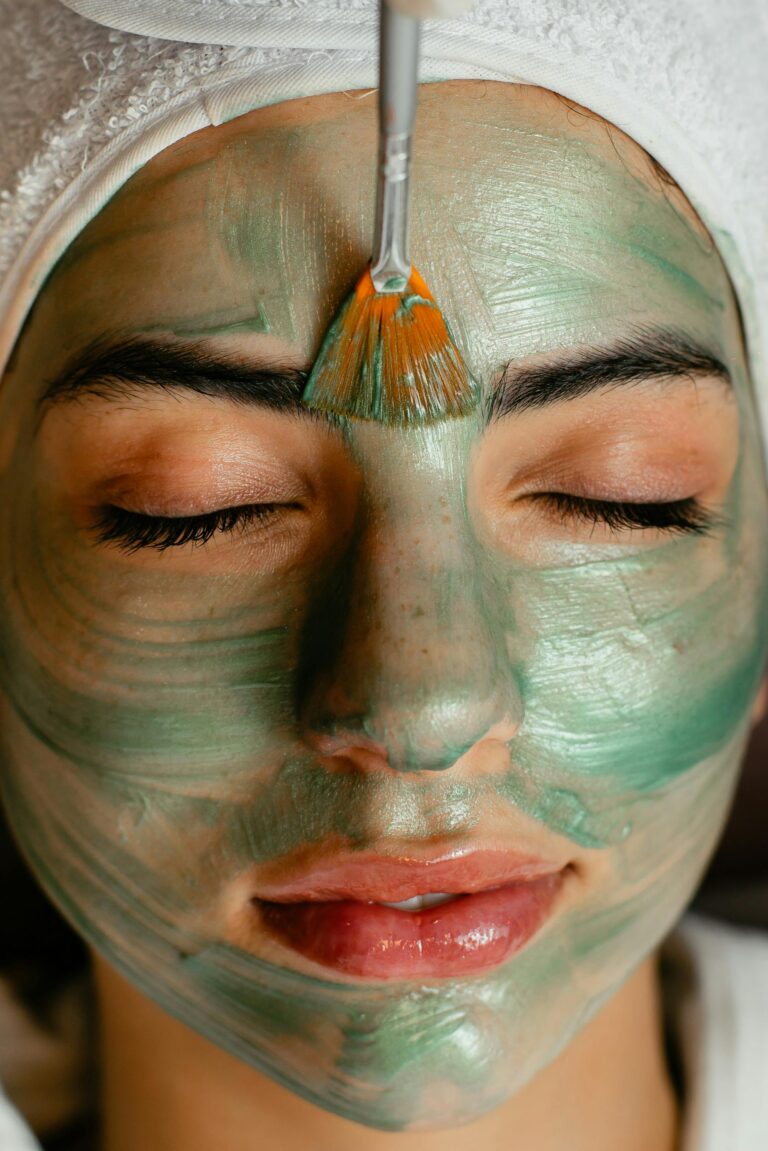Peptides In Skincare: What Are They and How to Choose One That Actually Works
Peptides are suddenly everywhere – serums, moisturizers, face washes, eye creams. But what are they actually doing for your skin? And are they worth the hype, or just another pricey buzzword? In this post, I’ll break down what peptides are and how to pick the right ones for your skin concerns.
What Are Peptides?
As collagen breaks down with age, it creates shorter chains of amino acids – called peptides. These peptides act like messengers, signaling your skin to ramp up collagen production. This process is the basis for how topical peptides in skincare are believed to work: by mimicking the body’s own signals for repair and regeneration.
There are three main types of peptides: signal peptides, carrier peptides, and those that inhibit nerve signals.
Signal Peptides
- Stimulate collagen production by mimicking the body’s own repair signals
- Help reduce the appearance of fine lines and boost firmness
Carrier Peptides
- Transport essential minerals like copper to the skin
- Support wound healing and help build collagen and elastin
Nerve Inhibiting Peptides
- Interfere with nerve signals to reduce facial muscle contractions
- Often called “topical Botox” due to their line-softening potential
What’s the Research Behind Peptides?
There’s a substantial amount of research behind peptides derived from plant, animal, marine and synthetic sources. Plant, marine, and animal derived peptides are natural but go through a chemical synthesis to add together different amino acids, creating a chain (peptide). The appeal to using different types of natural sources for these amino acids is because they offer a wide range of desirable functional peptide structures.
Plant Sources
Plant sources are rich sources of protein without saturated fatty acids. They are known to perform several functions in humans:
- Antidiabetic
- Immunomodulatory
- Antihypertensive
- Antimicrobial
- Antioxidant Activities
In plain language, these peptides can act as anti-inflammatory, skin-whitening, collagen-stimulating, and moisturizing.
Animal Sources
Animal sources like milk, meat, fish, and egg are usually the origins of peptide derivatives. They are known to perform several functions:
- Antioxidative
- Antimicrobial
- Antithrombotic
- Antihypertensive
When ingested (not in cosmetics), other benefits include lower blood pressure, stimulating the immune system, and improving the nutritional value in foods
Marine Sources
Marine derived peptides have both nutritional value and cosmetic properties, including:
- Antioxidant
- Neuroprotective
- Antidiabetic
- Immunomodulatory
- Antibacterial
- Antiproliferative
Antidiabetic: help lower blood glucose levels; Immunomodulatory: modifies the body’s immune system by stimulating or suppressing its function; Antihypertensive: help lower blood pressure; Antimicrobial: kills or inhibits the growth of bacteria, fungi, viruses, and parasites; Antioxidative: substances that neutralize free radicals and protect cell from damage caused by unstable molecules; Antibacterial: prevents the growth or spread of bacteria; Neuroprotective: protects nerve cells from damage or degeneration; Antiproliferative: prevents the growth and reproduction of cells
Edible insect sources are also being considered as sources for new peptides due to their antioxidant, anti-inflammatory, anti diabetic, antimicrobial, and ACE inhibitory activities.
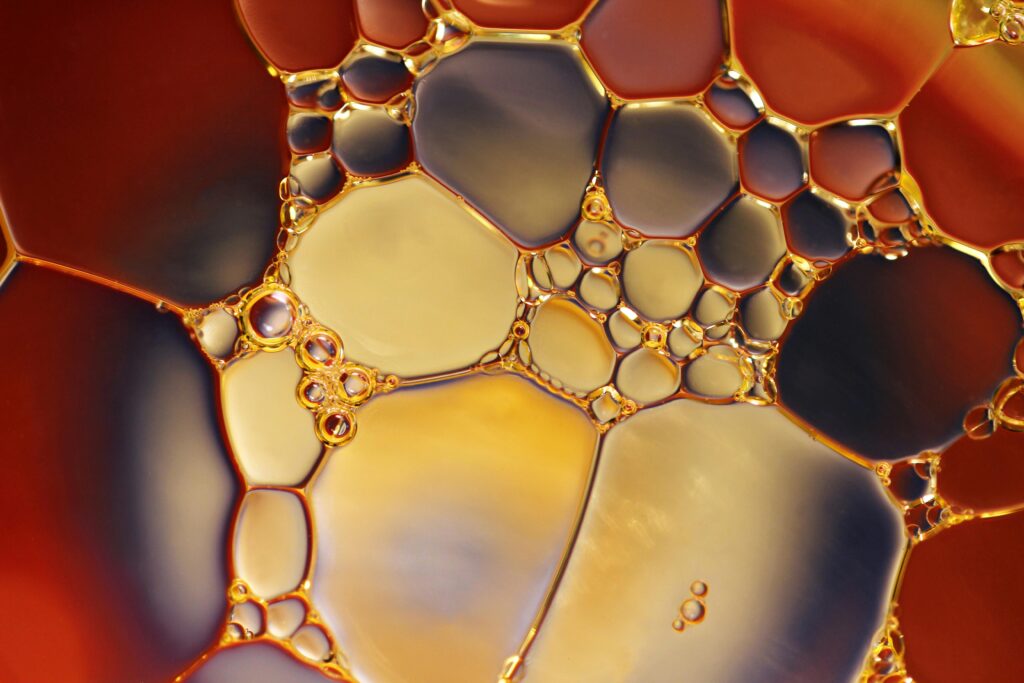
Sources for this section: MDPI, NIH,
Are Peptides Safe?
Peptides are generally considered safe for topical use, but as with any active ingredient, formulation matters. The increased demand for cosmeceuticals (a term I hadn’t heard until researching this topic) has caused a demand for increased safety assessments of cosmetic peptides. The International Cosmetic Ingredient Dictionary and Handbook (INCI Dictionary), Personal Care Products Council, and FDA’s Voluntary Cosmetic Registration Program (VCRP), contain lists of ingredients found in cosmetics with guidelines for safe formulations. This is to ensure formulations walk that careful line of being effective while avoiding undesired effects such as skin toxicity, sensitization, or irritation. These programs help ensure safe formulations, but not all brands follow best practices.
What Peptide Products Are Most Effective?
The peptides that will answer your skincare concerns the best depends on why you are looking for peptides in the first place.
| Skincare Concern | Recommended Peptide |
|---|---|
| Fine Lines and Wrinkles | Palmitoyl pentapeptide-4 (Matrixyl) |
| Loss of Firmness | Hexapeptide-10 |
| Dryness or Dehydration | Palmitoyl oligopeptide |
| Hyperpigmentation | Oligopeptide-68 |
When considering buying peptides, make sure to look at the ingredients – and the order of the ingredients – to determine the effectiveness or concentration of the ingredients. Ingredients are usually listed in descending order of concentrations, so you want products that have them towards the beginning of the list.
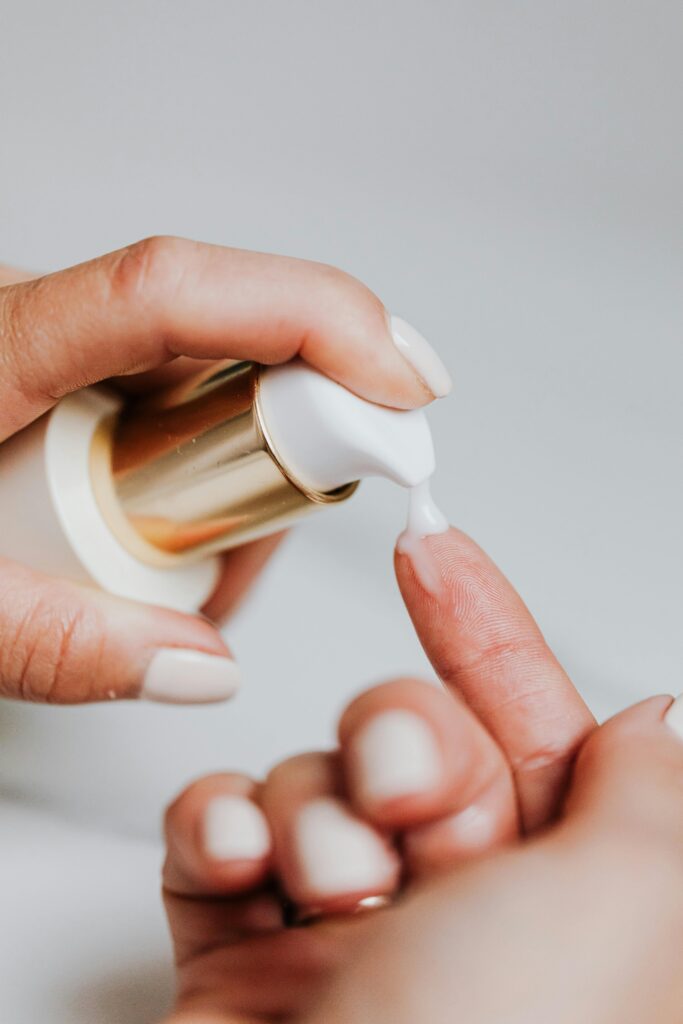
Peptides can easily degrade by environmental factors such as light or air. So, to get the most out of your peptides:
- Choose air-tight, opaque packaging to prevent degradation
- Look for pH levels between 5-7 for stability
- Favor delivery systems like liposomes or nanotechnology for enhanced absorption
Brands that do these things well tend to shout if from the rooftops – check for clinical data and ingredient transparency on their websites.
Peptide Brand Recommendations
Brands that prioritize the clinical results and provide high quality products are more expensive (this is unfortunate news, I know). Brands like:
- Skinceuticals
- Biossance
- Paula’s Choice
Obviously there are other brands with solid options, but these brands tend to list peptides high in the ingredients deck and back their claims with clinical research. You’re paying for the science – and, yes, the marketing too.
Final Thoughts
Peptides can improve skin texture, firmness, and hydration – but only if the product is well-formulated. Don’t be fooled by a trendy label. Check ingredient lists, packaging, and the brand’s transparency.
Tried a peptide product that actually worked? Tell me about it – I’m always looking for formulas that earn their price tag.

